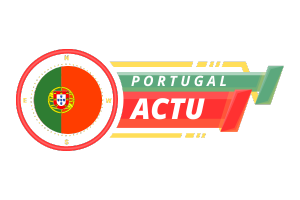
How government works in Portugal
In this crucial period oflegislative election in Portugal, it's a good idea to take a closer look at the workings of the Portuguese government and its institutions. As more and more French people settle permanently in Portugal, even without the right to vote, understanding the country's institutional system becomes essential.
The Constitution: fundamental pillar of the Portuguese system and government
The Constitution, adopted in 1976 and revised seven times since, is Portugal's supreme law. It establishes the structure of the State, defining the roles of sovereign bodies such as the President of the Republic, the Assembly of the Republic, the government, the courts and local entities. This fundamental law enshrines the rights of citizens, the principles governing the State, and the main political orientations.
The President of the Republic: Guarantor of the State and Institutions
The President of the Republic, Head of State, plays a central role. Guarantor of national independence, state unity and the functioning of democratic institutions, he is also the supreme commander of the armed forces. His responsibilities include appointing the Prime Minister and members of the Ministry, taking into account the results of the elections.

The Assembly of the Republic: National Parliament and Guardian of the Constitution
The Assembly of the Republicthe equivalent of the French national parliament, is made up of elected deputies. In addition to its representative function, it approves fundamental laws and monitors compliance with the Constitution, laws and acts. It represents all Portuguese citizens in the legislative process.

General policy driver
Elected in legislative elections, the administration directs the country's general policy and oversees public administration. Its functions include international negotiation, proposing legislation, problem-solving and managing public funds. Government formation follows the legislative elections, with the President of the Republic inviting a person to form the government, followed by the appointment of the Prime Minister and the constitution of the government.
The Council of Ministers: the heart of government decision-making
The Council of Ministers, the main decision-making body, approves bills, decree-laws and resolutions. It is the place where crucial political decisions are taken. It reports on its political action to the President of the Republic, through the Prime Minister, and to the Assembly of the Republic, during fortnightly debates.

The challenges of governance
He may face challenges such as the rejection of a vote of confidence, a motion of censure, or the non-approval of his program by Parliament. His accountability to the President of the Republic and the Assembly of the Republic underlines the importance of his political action.
In conclusion, understanding the workings of the Portuguese Ministry is essential for any expatriate, even without the right to vote. In these electoral times, this knowledge becomes an invaluable tool for better understanding the country, which is welcoming more and more French residents.









